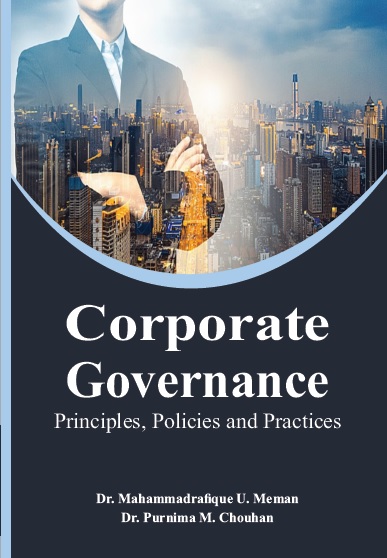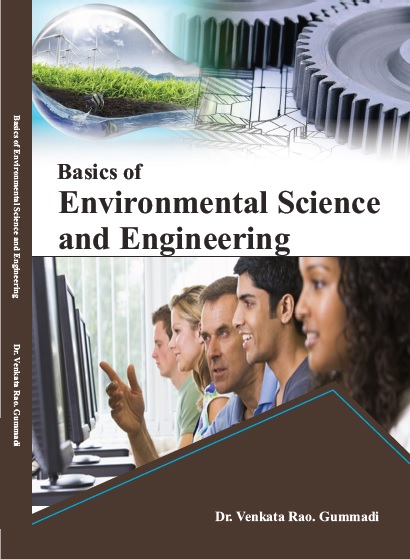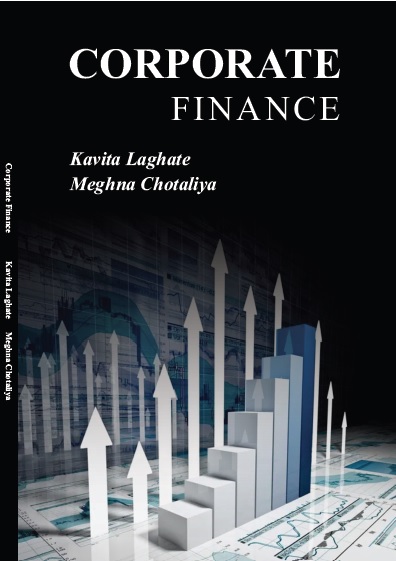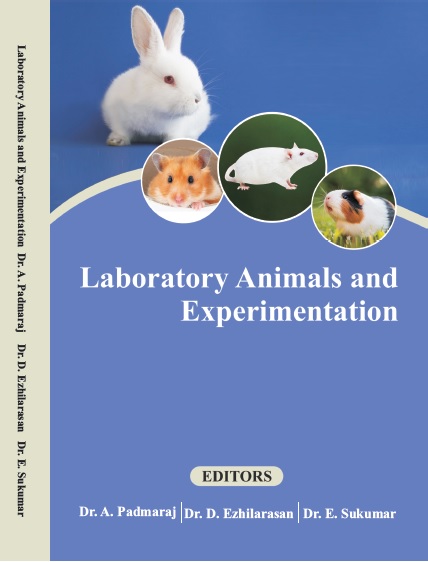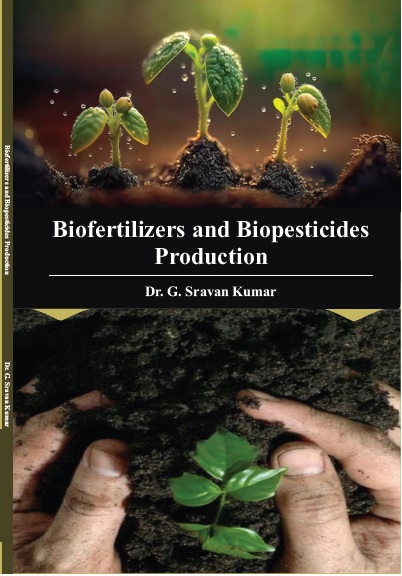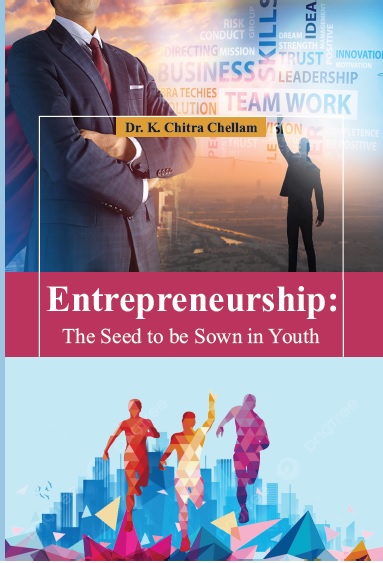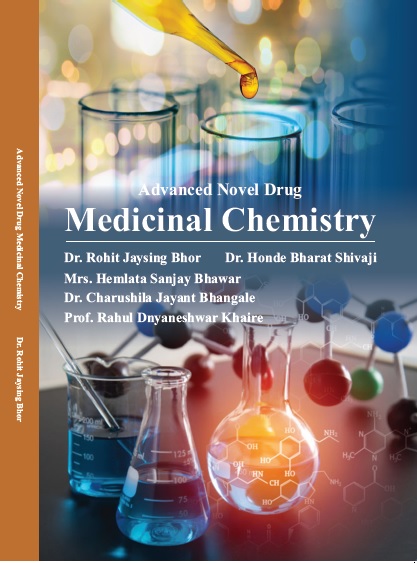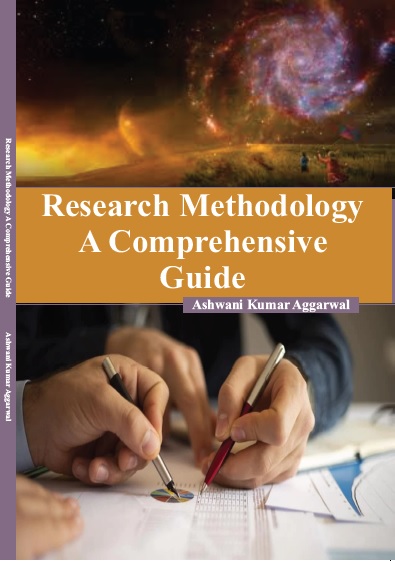SOCIAL SCIENCE AND HUMANITIES
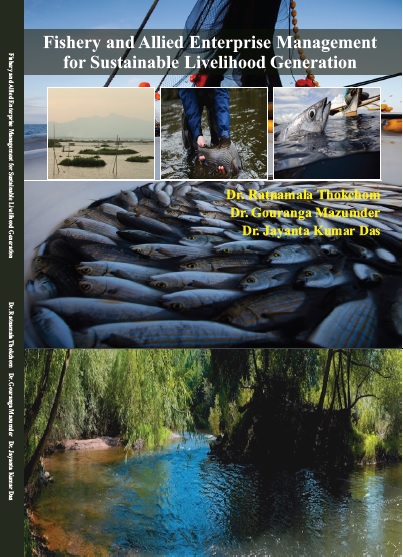
Fishery And Allied Enterprise Management For Sustainable Livelihood Generation
by Dr. Ratnamala Thokchom
ISBN Number : 978 - 93- 88672 - 08 - 5
Authors Details
| Author Name | Image | About Author |
|---|---|---|
| Dr. Ratnamala Thokchom | 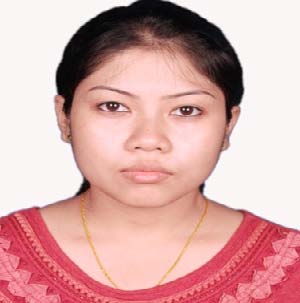 |
Dr. Ratnamala Thokchom PhD, Born on 14th. October, 1986, is
presently working as an Assistant Agriculture Officer (Horticulture &
Soil Conservation), Manipur. She did her B.Sc (Ag.) from Doon (P.G)
College of Agriculture Sc. & Technology, Dehradun in 2009. M.Sc.
(Ag.) & Ph.D (Ag.) from Deptt. Of Agricultural Extension, Bidhan
Chandra Krishi Viswavidyalaya., Mohanpur, West Bengal in 2012 &
2016, respectively. She attended many National & International
Seminars and published research articles/ papers in various reputed
National and International Journals. |
| Dr. Gouranga Mazumder | 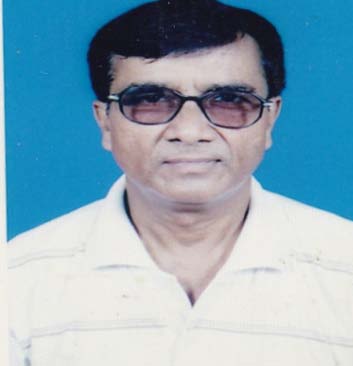 |
Dr. Gouranga Mazumder, PhD ,Born on 20th.October, 1955, Presently,
Guest Faculty, School of Agriculture, Seacom Skills University, Kendra
Dangal, Birbhum, West Bengal. He is an eminent teacher, previously
served as Associate Professor, Department of Agricultural Extension,
Bidhan Chandra Krishi Viswavidyalya, West Bengal. He did his M.Sc.
(Ag.) and PhD in Agricultural Extension from the same University where
he has been teaching, research and extension assignments over 23 years.
He guided 16 students for post graduate degree and 2 students for PhD, of
which one scholar received Jawaharlal Nehru Gold Medal Award for best
thesis. He has to his credit, 36 scientific research paper published in National and International
Scientific Journals and two books. He attended 14 National and International Seminar and
Conferences. |
| Prof. (Dr.) J K Das | 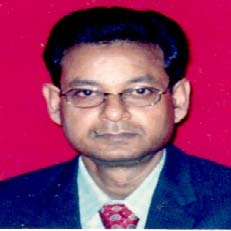 |
Prof. (Dr.) J K Das, PhD, Born on 12th December, 1956, Prof. Jayanta
Kumar Das, Presently, Professor Emeritus, Department of Agricultural
Extension, Centurion University of Technology and Management, M S
Swaminathan School of Agriculture, Gajapati-761211, Odisha, India.
He is an eminent Professor; previously he was in the Department of
Agricultural Extension, Bidhan Chandra Krishi Viswavidyalaya,
Mohanpur, Nadia, West Bengal. He did his M.sc (Ag) and Ph D in
Agricultural Extension from the same University where he has been in
teaching, research and extension assignments over 27 years. By
becoming an erudite extension professor and thinker, to his credit, there have been more than 60
research papers published in national and international journals. Throughout his career, he has served
the university in the capacity of the Head of the Department, Dean, Students' Welfare, Coordinator,
NSS and RAWE, Member, Academic Council, Expert members on selection committee for University
teachers and scientists across India. He has also been the external examiners for several other
Universities. He has got to his credit authorship six and chapter contributions to ten books. He has also
chaired counts of International Conferences and successfully guided five Ph D Scholars and nineteen
M.Sc. (Ag.) students. |
Book Description
Indian economy is predominantly rural and agriculture oriented where the declining trend in the average size of the farm holding possesses a serious problem. In agriculture 84 per cent of the holding is less than 2 acres. Majority of them are dry lands and even irrigated areas depend on the vagaries of monsoon. In this context, if farmers concentrated on crop production they will be subjected to a high degree of uncertainty in income and employment. Hence, it is imperative to evolve suitable strategy for augmenting the income of the small and marginal farmers by combining to increase the productivity and supplement the income. The population is steadily increasing without any possibility of increase in land area. The income from cropping for an average farmer is hardly sufficient to sustain his family. The farmer has to be assured of a regular income for a reasonable standard of living by including other enterprises. This strategy is highly relevant for enhancing the economic options among smaller farms for a labour surplus economy in rural sector for maximization of employment opportunities for the upliftment of landless, small and marginal farmers, who constitute about 84 per cent of total farmers. Opportunities for diversification of labour employment have to be created so that growing surplus labour force may be absorbed in the villages; this is because the productivity of small farms is not only too low but also farm size is too small to realize the scale of economies.






